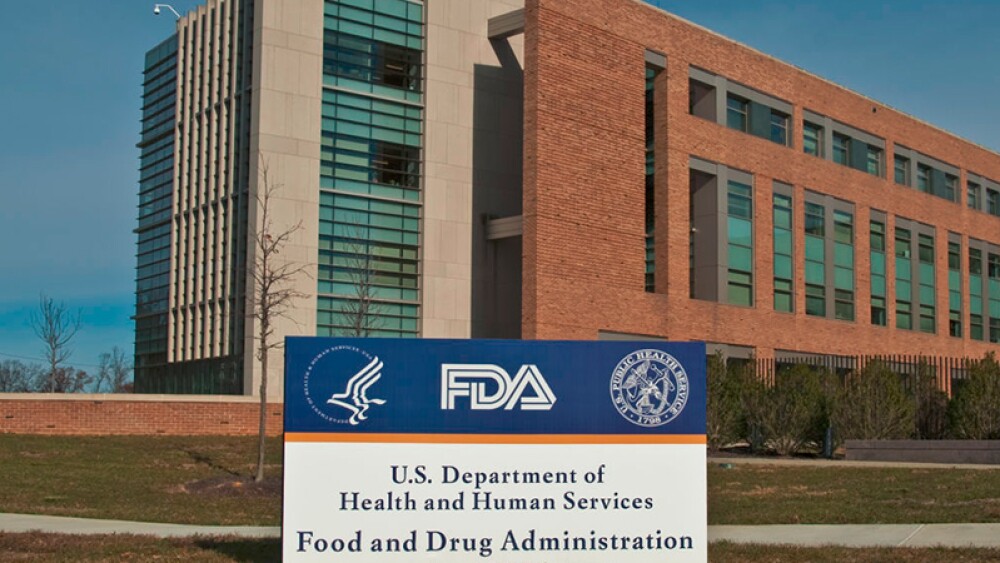May 24, 2017
By Alex Keown, BioSpace.com Breaking News Staff
LOS ANGELES – Shares of Puma Biotechnology Inc. are up nearly 10 percent after a U.S Food and Drug Administration advisory panel backed the company’s experimental breast cancer drug, PB272 (neratinib).
The FDA committee recommended approval for the drug in a 12-4 vote, Reuters reported. Although the committee members recognized some of the risks associated with neratinib, particularly reports of severe diarrhea, the panel said the benefits outweighed the concerns. That approval defied some predictions about the future of neratinib.
During clinical testing, approximately 40 percent of patients who took the drug suffered a severe form of diarrhea, although about 95 percent of patients who took the drug had some form of diarrhea. Incidents of grade 3 diarrhea were single-episode events, with episodes restricted to the first cycle of therapy. Diarrhea has long been associated with chemotherapy due to the effect the drug has on healthy cells in the digestive tract. Grade 3 diarrhea is defined as an “increase of seven stools per day, plus incontinence.”
Throughout the morning’s presentation to the FDA, Puma repeatedly provided information that the diarrhea problems are short-lived and manageable, according to reports.
The advisory panel’s recommendation is just that, a recommendation. The FDA could still rule another way. The FDA is scheduled to make its decision by July 21.
While panel members gave the nod to PB272, several committee members suggested the FDA should narrow approval for the drug to a smaller set of patients, John Carroll reported in Endpoints. In his live blog from the FDA committee hearing, The Street’s Adam Feuerstein said the FDA pays close attention to what panel members say, “not just how they vote.”
During the presentation, the FDA’s Amanda Walker, a radiation oncologist and medical officer, said most of the toxicities association with neratinib are “nonserious and reversible.” However, she did say the “the true magnitude of benefit remains uncertain,” Carroll reported.
What makes the benefit of Puma’s experimental drug uncertain relates to changes the company made to the clinical trial after taking the drug over from Pfizer , Carroll noted.
There were also some questions as to how efficacious the drug is in keeping cancer patients in remission. Puma initially submitted its New Drug Application for neratinib to the U.S. Food and Drug Administration in July. The NDA was submitted following a successful Phase III trial that demonstrated treatment with neratinib resulted in a 33 percent reduction of risk of invasive disease recurrence or death versus placebo. In clinical trials, PB272 demonstrated a disease-free survival (DFS) rate of 93.9 percent compared with 91.6 percent in the placebo group, a 2.3 percent difference, which some have suggested is not that significant. The FDA did request an additional statistical analysis of the trial data, which delayed the company’s regulatory approval timeline. Resubmitted data showed DFS rates were 94.2 percent and 91.9 percent for neratinib and placebo, respectively, which was not a dramatic improvement.
PB272 is being developed for the extended adjuvant treatment of HER2-positive breast cancer. PB272 is a potent irreversible tyrosine kinase inhibitor, for the treatment of patients with HER2-positive breast cancer and patients with non-small cell lung cancer, breast cancer and other solid tumors that have a HER2 mutation. HER2-positive breast cancer is an aggressive form of the disease, which affects approximately one in five people with breast cancer and is associated with a poor prognosis if left untreated. Extended adjuvant treatment for breast cancer is important, as about one-third of people treated with a drug like Roche ’s Herceptin and chemotherapy may eventually see their cancer return. PB272 would be added to the regimen to further reduce the rate of breast cancer recurrence.





